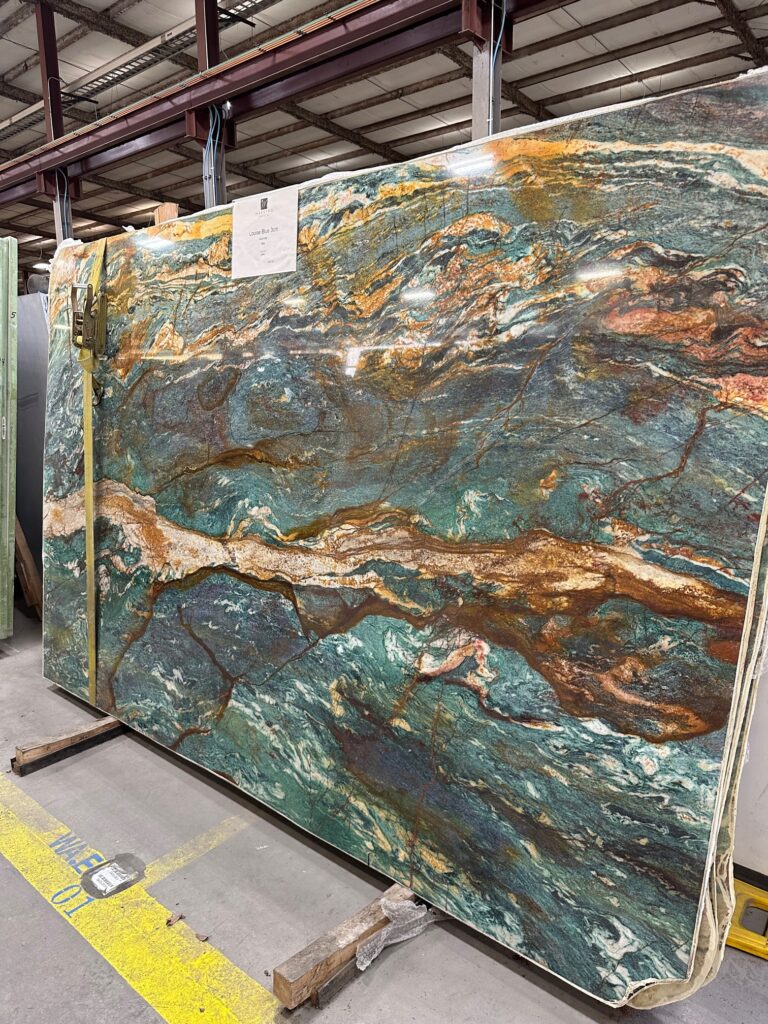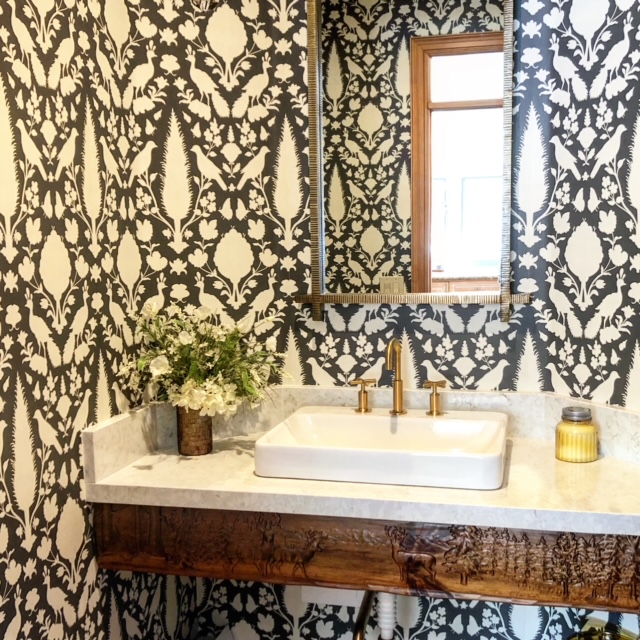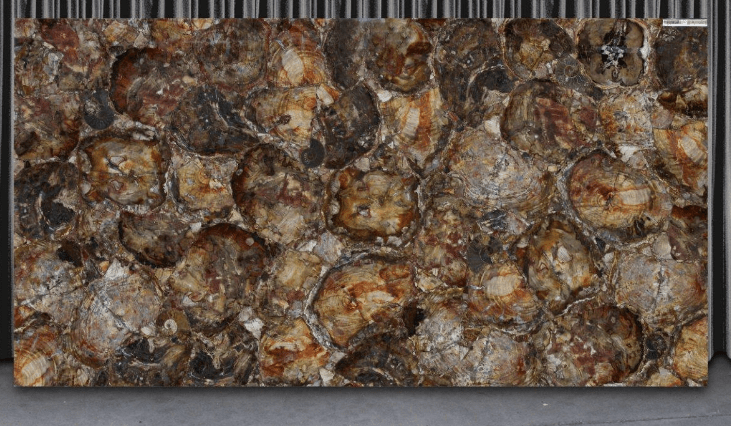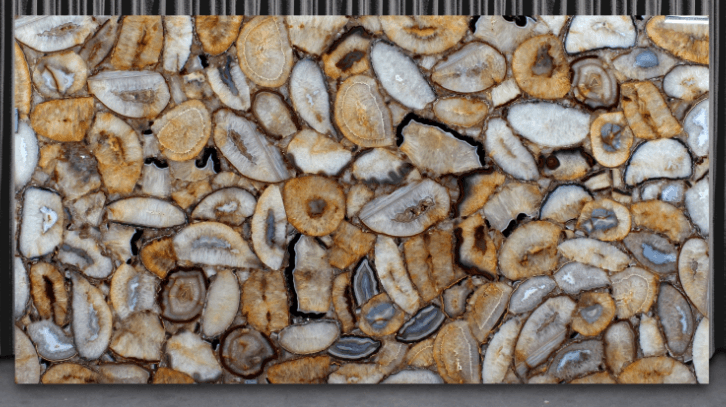How To Choose The Right Countertop For Your Home

Choosing the right countertop material for your home remodel or renovation is one of the most important decisions you will make. Countertops are the workhorse of the home and are found in rooms that we use every day, including kitchens, bathrooms, pantries, and laundry rooms. They get a lot of use (and abuse) and are an integral part of our lives, from food prep to bandaging skinned knees to doing homework. With all of the different purposes countertops serve, how do you know which material is the best choice for your needs?
Let’s take a look at 5 of the most popular countertop choices on the market, and explore their strengths, their weaknesses, and how they can improve the way you live in your home!
Granite Countertops
Granite countertops are a classic, timeless choice for countertops in both kitchens and bathrooms. Granite is extremely durable but does require a little maintenance. Many granites are very affordable, with the price increasing with unusual colors, characteristics, and veining.
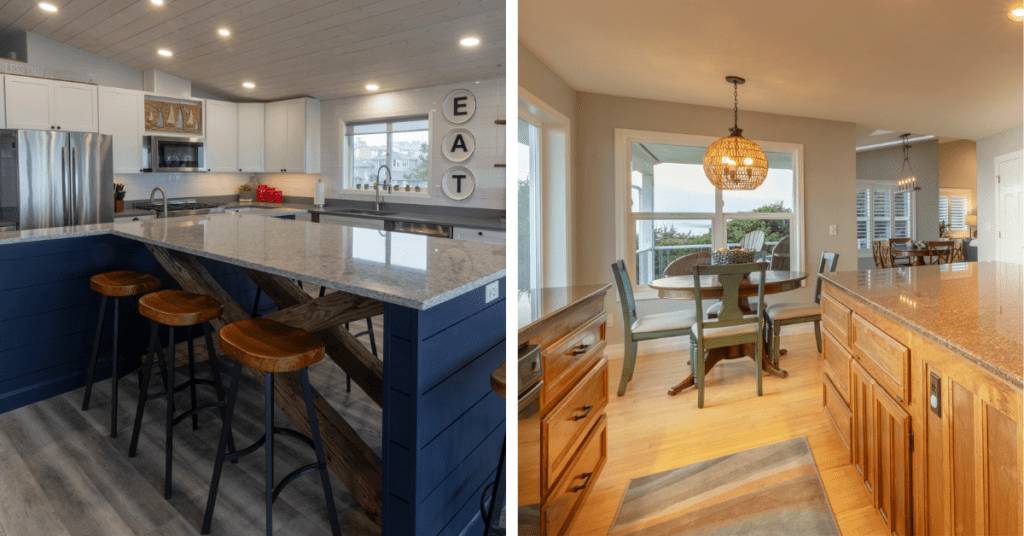
Granite is a naturally-formed stone that is quarried from around the world. In its natural state, granite is rough, but it is ground and polished to take on a smooth surface for countertop applications. Granite is actually made of cooled lava deposits and is composed of many different minerals, making each slab of granite unique. The variations throughout the stone are what makes granite highly desirable!
Granite’s primary advantage is its distinctive beauty and outstanding durability. While staining can occur with unsealed granite, most of the granite countertops you will find today are sealed at the factory with a finish that will last at least five years or more! Resealing granite countertops is super simple, and the sealer can be found online or in hardware stores.
Pro Tip: Remember to select granite slabs that come from the stone to ensure that the veining and color are similar.
Quartz Countertops
Quartz countertops are made from highly compressed slabs of quartz crystals mixed with binders and color. Although quartz crystals themselves are natural, the quartz countertop material is engineered. Because it’s a man-made material, it is available in a huge array of colors and mimics the look and feel of natural stone. It also comes in a variety of finishes, from matte to glossy.
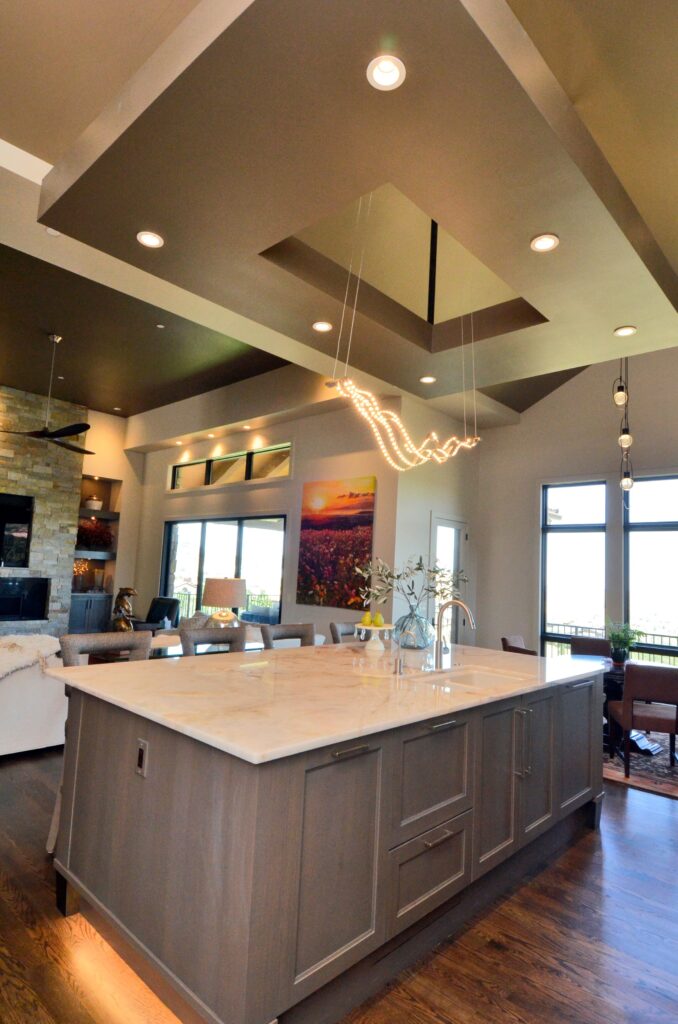
While the cost of quartz is higher than butcher block, laminate, and some granites, you’ll be rewarded with superior beauty and a premium product. The only drawback is that you will need to use a hot pad or trivet to protect your quartz countertops from heat. Also, the colorant can fade in instances of extreme exposure to sunlight, so be sure to install window coverings to help protect them from sunlight.
Recycled Glass Countertops
Recycled glass countertops are a durable, sustainable, and beautiful choice and suit a variety of design styles. The majority of these types of countertops are comprised of 80-90% post-consumer glass, mixed with specially formulated cement binders, which makes them exceptionally strong and non-porous. They resist chipping and cracking and are also heat-resistant and stain-resistant.
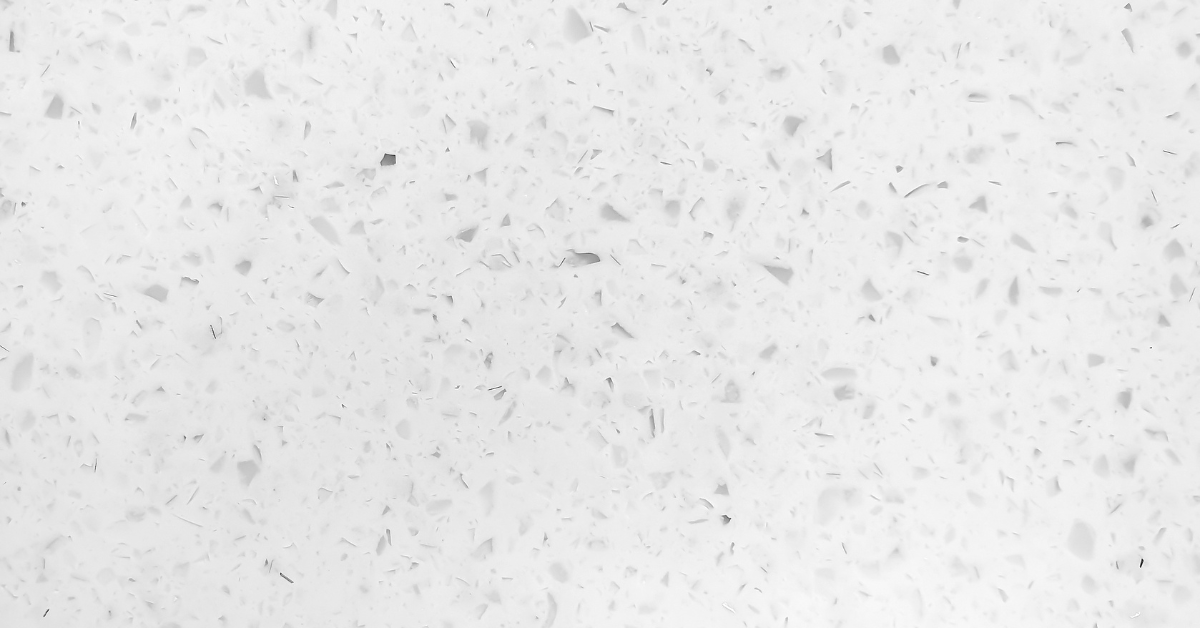
Some recycled glass countertops can show fingerprints and water spots, though, so keep that in mind. Installing these types of countertops yourself can prove difficult, as stress points can cause cracks, so if you’re a fan of DIY, do some homework first.
Butcher Block Countertops
Butcher block countertops have been a very popular choice in the last few years, and are a great choice for avid cooks and bakers. They’re ideal for creating a warm, cozy kitchen and adding instant personality! A butcher block kitchen island countertop paired with quartz countertops is quite stunning and highlights the contrast in materials.
Butcher block is an ideal food prep surface, and hides cuts and scratches well. It can also be sanded and resealed to look new. Sealing is very important, as it keeps water from penetrating the wood, which can cause your countertop to warp and separate. Unsealed wood countertops can also harbor bacteria. Be sure to wipe dry after cleaning, and take care to seal any deep cuts and scratches with linseed oil. Re-seal the entire countertop surface every month or so for continued beauty, water resistance and longevity.
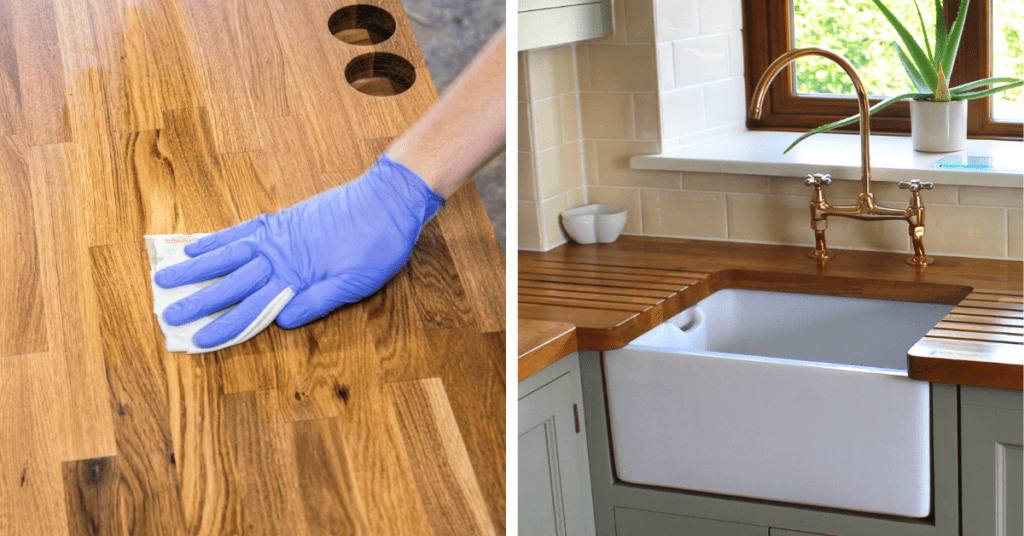
Marble Countertops
Marble countertops are elegant, warm and rich, and can instantly transform your kitchen or bathroom into a magazine-worthy space. While they’re used less often than granite or quartz, marble countertops remain a popular choice and reflect luxury and quality.
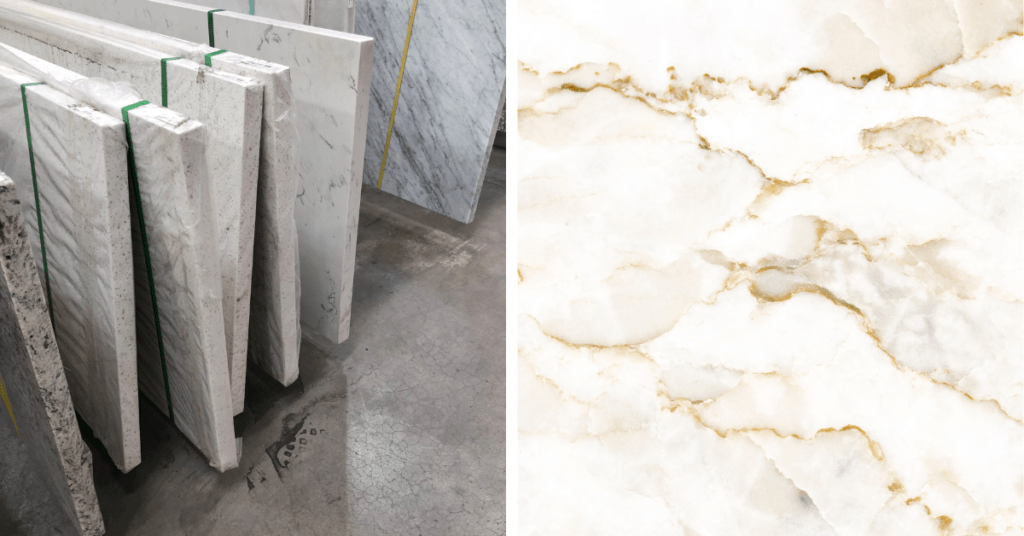
The word marble comes from the Greek word for sparkle or gleam. It is composed of calcite or dolomite, and there are numerous types of marble depending on the other minerals it contains. Marble is found all over the world, from Italy, to Spain to China, each quarry producing a unique grain, veining and color of marble.
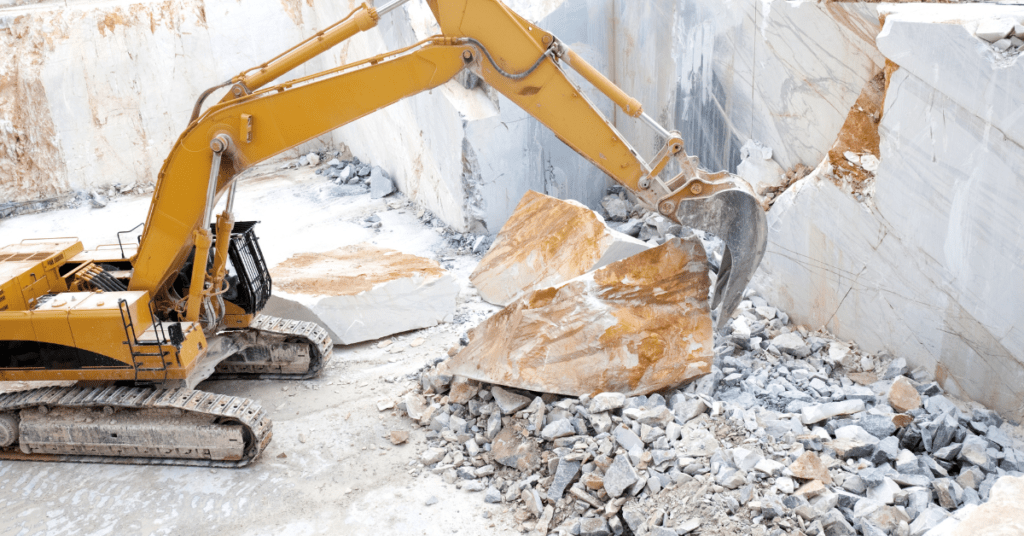
Be prepared! Marble countertops do require some maintenance. Spills — including cooking oil, dish soap and acidic foods like vinegar, wine, tomato products and citrus juice — should be cleaned up immediately. While marble is durable, it is also a soft, porous stone and is therefore prone to scratching, staining and etching. If you have young children, either prepare to monitor them in the kitchen, or opt for a more kid-friendly material like quartz or granite.
Since countertops do so much for us, it’s important to really evaluate your needs (and level of commitment to maintenance and cleaning) before making your final choices. I hope this guide has helped you in choosing the right countertop material for your family!
If you’re preparing for a kitchen or bathroom remodel, I can help! You can request a consultation through my website or send an email to [email protected].
Until next time,







